Excerpt
In today’s fast-paced world, health often takes a backseat until illness strikes, leading to late diagnoses and complex treatments. Regular health check-ups act as a proactive defense, essential for maintaining optimal health. These check-ups include comprehensive body assessments and specialized tests, tailored to individual health needs. They play a critical role in early detection of potential issues and identifying unique risk factors, such as disease predispositions based on family history or lifestyle choices. Embracing regular health check-ups means taking informed steps towards disease prevention and leading a healthier life, a crucial practice in an era of ever-evolving health risks.
Introduction
In today’s fast-paced society, where time is a precious commodity, health frequently becomes an overlooked aspect of life. Many individuals tend to neglect their health until they are confronted with illness or discomfort.

This reactive approach to health care can lead to late diagnoses and more complex treatments.
Contrary to this, regular check-ups with your doctor serve as a proactive and preventive health strategy. These regular health check-ups are fundamental in maintaining optimum health. They typically include full body assessments and specialized tests tailored to individual health needs.
These evaluations are pivotal in monitoring one’s health status, allowing for the early detection of potential health issues before they evolve into more serious conditions. Moreover, these regular check ups play a critical role in identifying risk factors unique to each individual, such as a predisposition to certain diseases based on family history or lifestyle choices.

By undergoing regular health check-ups, individuals can take informed steps towards disease prevention and lead a healthier life. This proactive health management is especially crucial in a world where health risks are ever-evolving and increasingly complex.
Understanding Routine Check-Ups
Understanding the nuances of routine check-ups is essential in today’s health-conscious world.
A routine check-up, often referred to as a regular health check, is more than just a cursory glance at one’s current health status.

It involves a systematic visit to your doctor, who conducts a comprehensive evaluation of your overall health. This process is not a one-size-fits-all approach; rather, it is meticulously tailored to suit individual needs based on age, gender, family history, and lifestyle factors.
Physical Examination
During these check-ups, your doctor performs a thorough physical examination. This examination is a critical component of the check-up, as it can uncover potential health issues that may not yet present symptoms.

The doctor examines various physical aspects, such as skin condition, organ health, and overall physical functionality. Additionally, these visits often include a range of tests – blood tests, urine tests, and sometimes specialized screenings like mammograms or prostate exams, depending on the patient’s age and gender.
Vital signs
A key aspect of these routine evaluations is the assessment of vital signs, such as blood pressure. Blood pressure readings are crucial indicators of cardiovascular health. Elevated readings can signal underlying issues like high blood pressure (hypertension) or predisposition to heart disease. Regular monitoring of blood pressure can thus play a pivotal role in early detection and prevention of serious health conditions. This aspect of the check-up is especially important for those with a family history of heart disease or related conditions, as they are at a higher risk.

In essence, routine check-ups are a fundamental aspect of preventive healthcare. They provide valuable insights into one’s health, enabling early intervention and better management of potential health issues, thereby contributing significantly to long-term well-being.
Master Health Checks and Annual Medical Check-Ups
Significance
The significance of master health checks and annual medical check-ups lies at the heart of advanced preventive healthcare. These assessments extend beyond the scope of standard routine check-ups, offering a more in-depth and comprehensive evaluation of an individual’s health. Such thorough check-ups are instrumental in painting a complete picture of one’s health status, encompassing both the visible and underlying aspects of bodily functions.
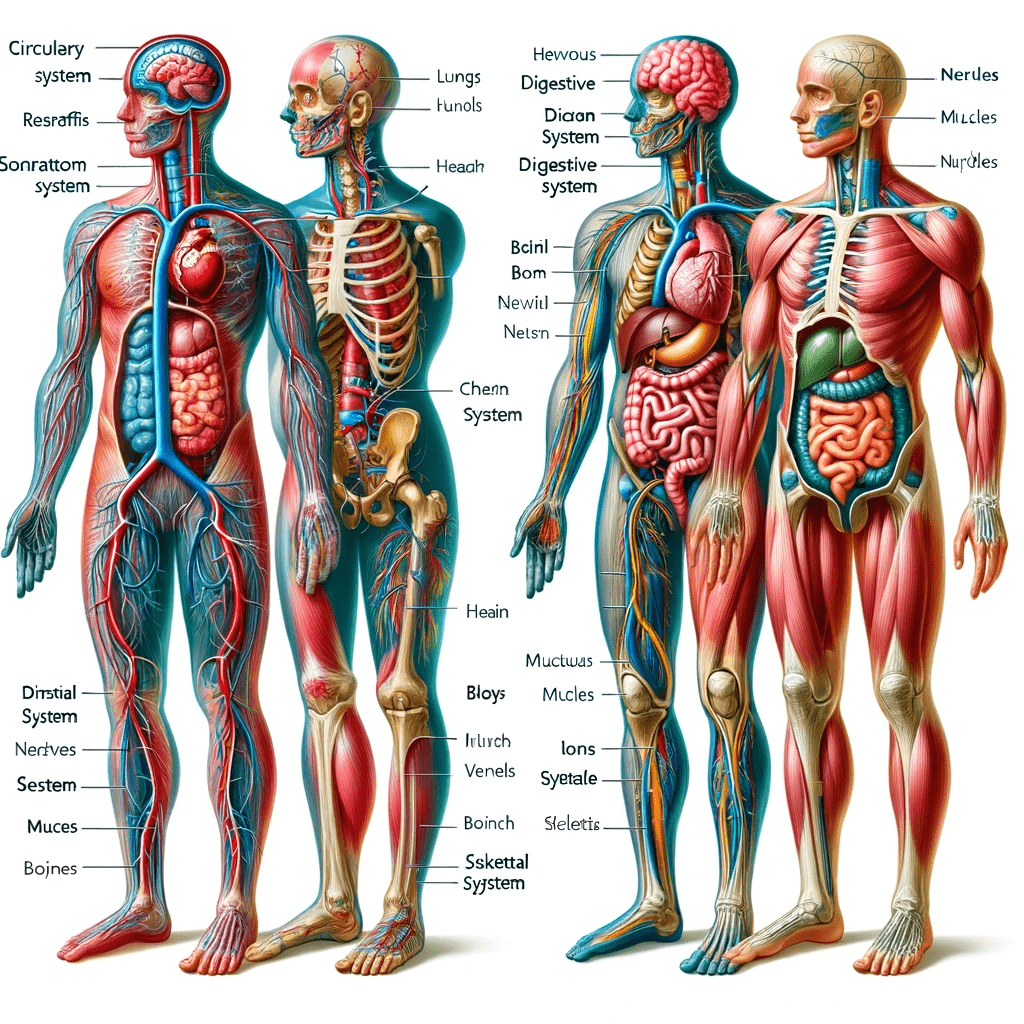
Diagnostic Tests
Master health checks and annual medical check-ups typically encompass a wide array of diagnostic tests and screenings. Blood tests form a core component of these check-ups, providing crucial data on blood cell counts, glucose levels, cholesterol, liver and kidney functions, and other vital markers.
Imaging tests such as X-rays or ultrasounds offer visual insights into the internal state of the body, revealing issues that might not be apparent through physical examinations alone. These imaging tests can uncover hidden anomalies in organs, bones, or tissues, aiding in the early detection of conditions that might otherwise go unnoticed until they become more severe.
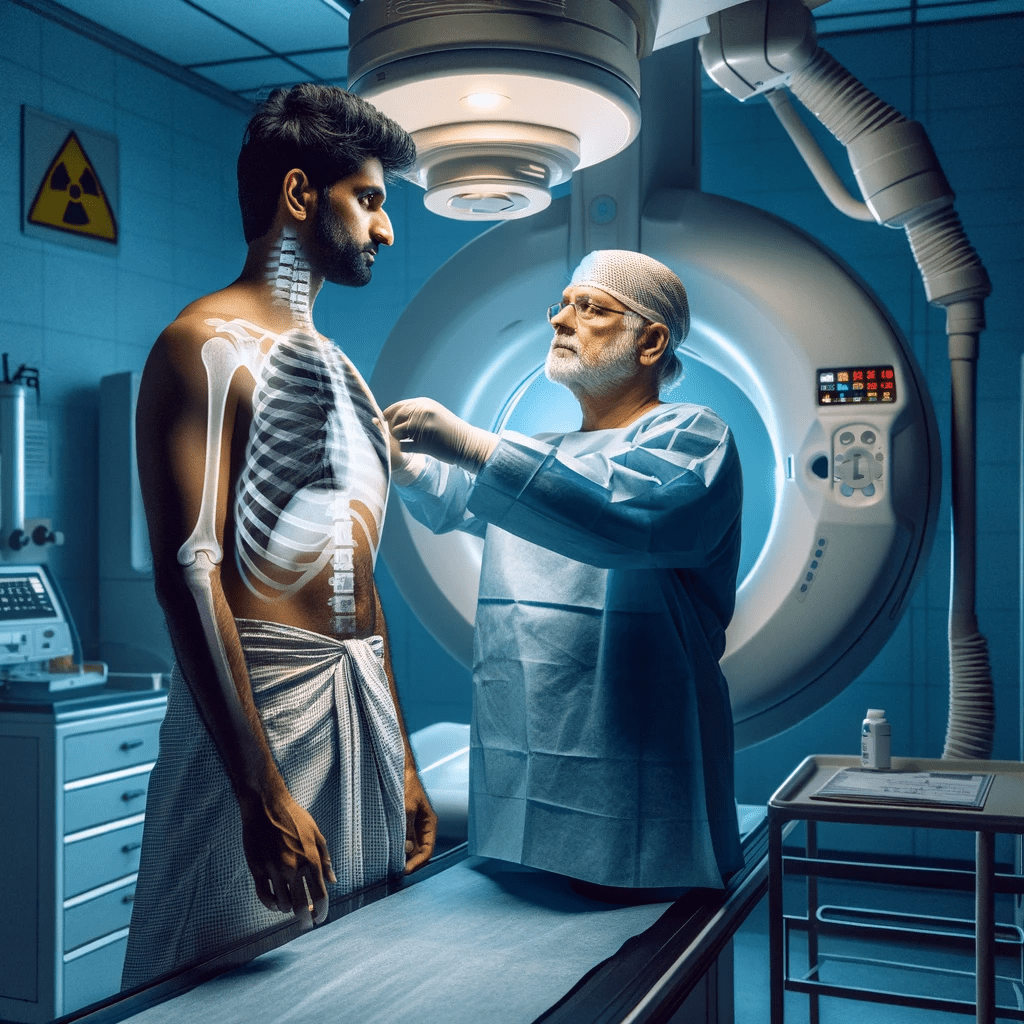
Screening Common Conditions
Screenings for common health conditions like high blood pressure or heart disease are also integral to these comprehensive check-ups. High blood pressure, often asymptomatic, can lead to severe complications like stroke or heart failure if left unchecked.
Similarly, early detection of heart disease can significantly alter the course of treatment and management, potentially saving lives.
“Catch them early”
The ability of these master health checks and annual medical check-ups to detect diseases in their nascent stages – often before any symptoms are noticeable – is their most significant advantage. Early detection not only allows for timely intervention but also significantly improves the prognosis of many conditions.
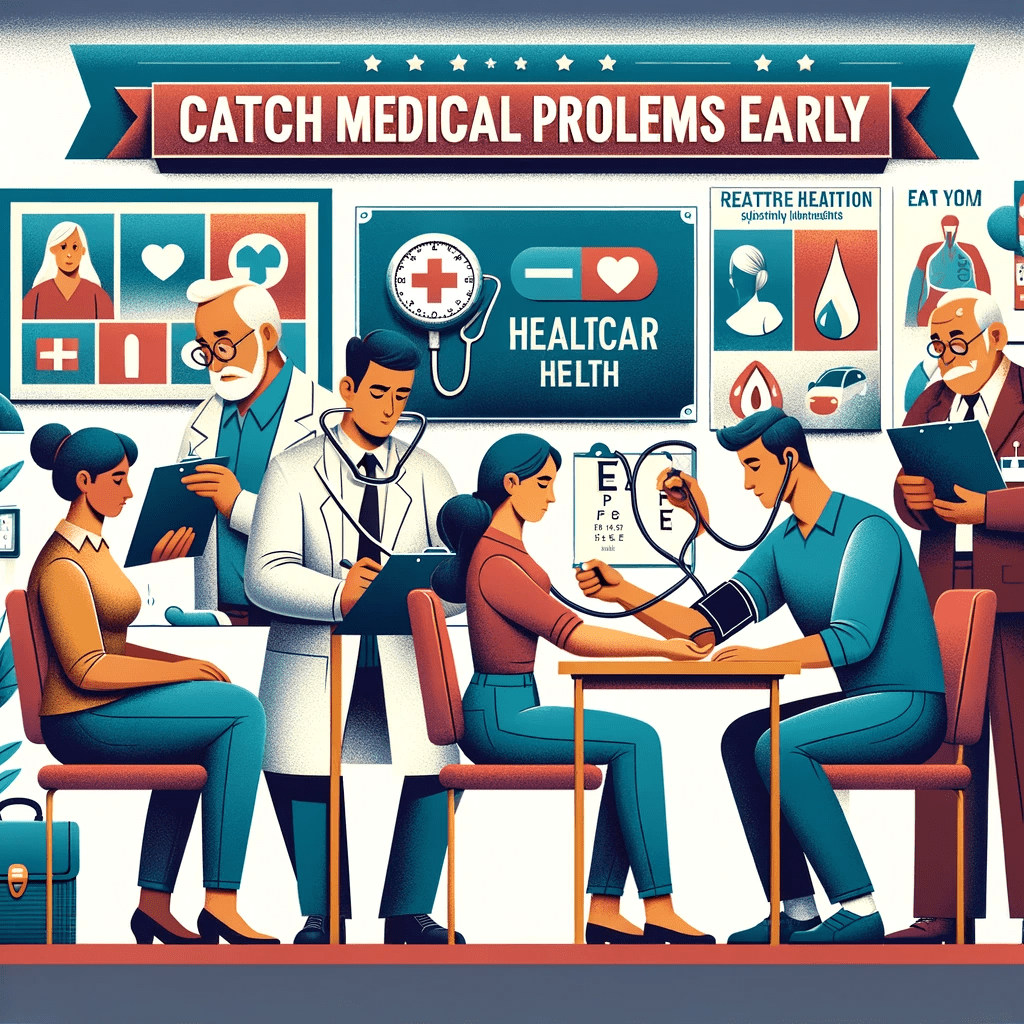
By identifying potential health issues before they develop into more serious problems, these comprehensive check-ups empower individuals to take preemptive measures, whether it’s through lifestyle changes, medication, or other medical interventions.
Crucial tool
Therefore, master health checks and annual medical check-ups serve as crucial tools in the realm of preventive healthcare. They provide an extensive assessment of health, uncovering potential risks and enabling early, more manageable interventions, thereby playing a vital role in maintaining long-term health and wellbeing.
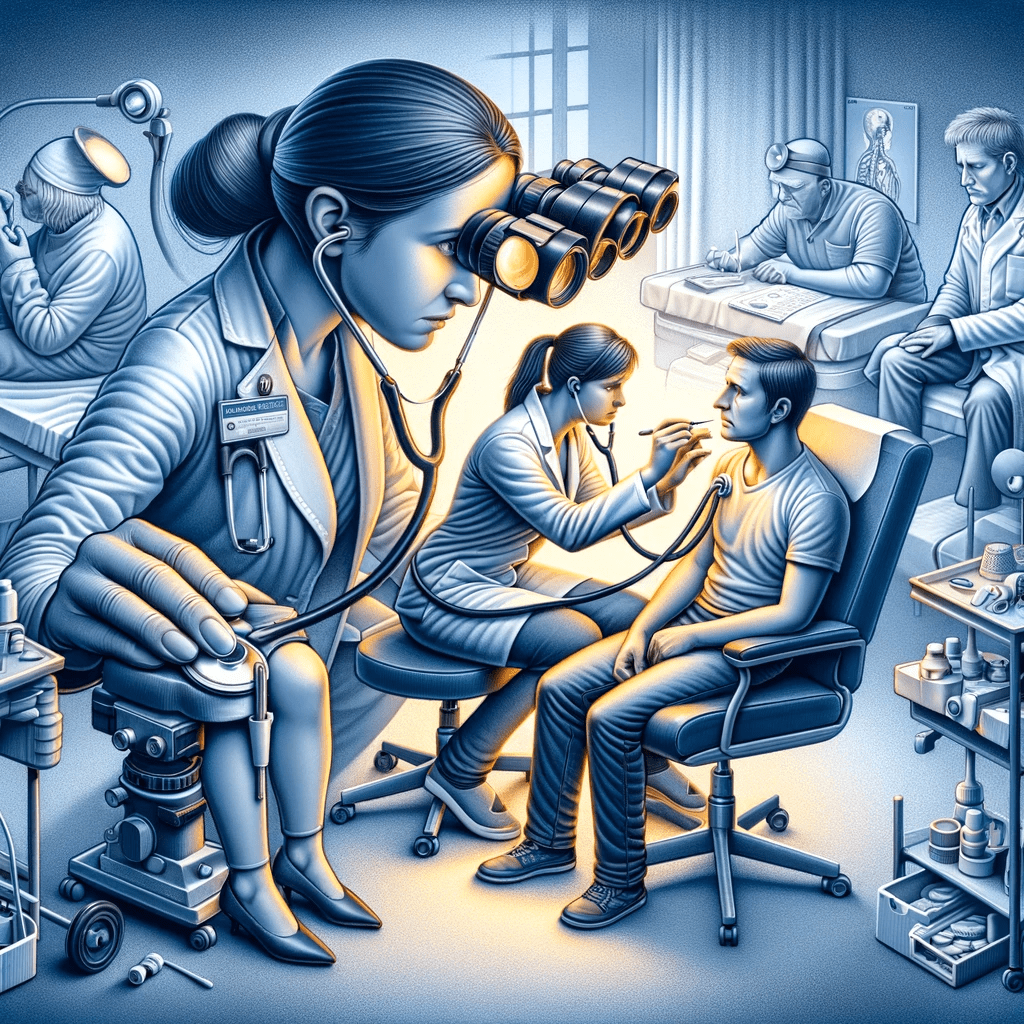
Routine Check-Ups and Preventive Healthcare
Routine check-ups serve as a cornerstone in preventive healthcare.
Routine check-ups are fundamental in preventive healthcare, acting as a primary defense against the onset of diseases. These regular visits to your doctor enable the early detection of health issues, often before symptoms become apparent. Such early detection is crucial as it often leads to simpler and more effective treatment options, significantly improving outcomes.
During these check-ups, doctors not only look for current health problems but also evaluate risk factors for potential diseases. This evaluation is tailored to each individual, taking into account personal and family medical histories.
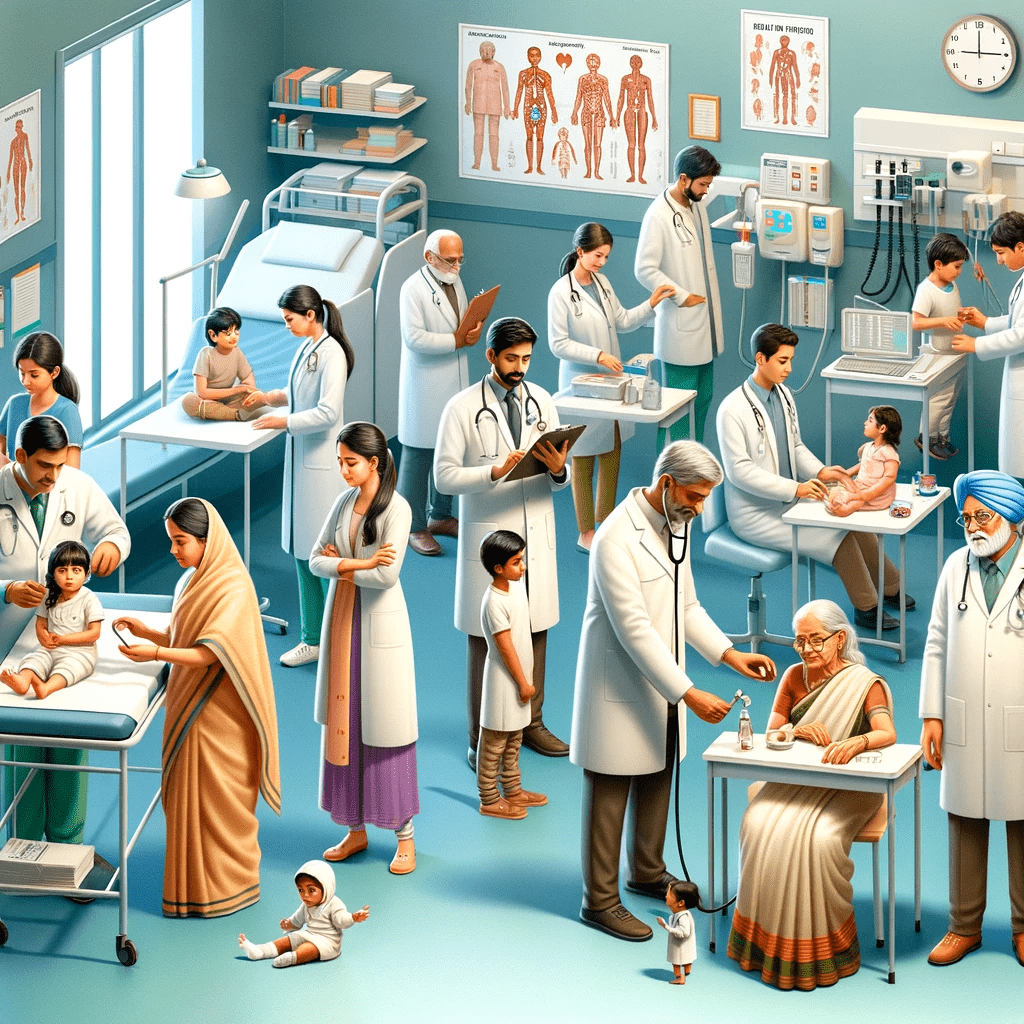
For instance, a family history of heart disease could lead a doctor to recommend more frequent and focused cardiovascular screenings. This proactive approach in monitoring health helps in preventing diseases or managing them effectively from an early stage, thereby maintaining a higher quality of life.
The Role of Blood Pressure Monitoring in Routine Check-Ups
The role of blood pressure monitoring in routine health check-ups is pivotal, serving as a key indicator of cardiovascular health. High blood pressure, also known as hypertension, often goes unnoticed due to its asymptomatic nature, yet it poses a significant risk factor for developing heart disease and stroke. Regular and accurate monitoring of blood pressure during routine check-ups is essential for early detection of this condition.
By identifying high blood pressure early, it allows for timely intervention through lifestyle changes, medication, or other treatments. This proactive management is crucial in preventing the escalation of hypertension into more severe complications. Consistent monitoring ensures that any changes in blood pressure are noted promptly, allowing for adjustments in treatment plans.

Thus, blood pressure checks act as a critical tool in the ongoing assessment and maintenance of cardiovascular health, playing a vital role in reducing the overall risk and prevalence of heart-related conditions.
Understanding Family History and Its Impact
Role of Family History in Disease Prevention
Understanding family history and its impact on individual health is a critical component of preventive healthcare. During routine check-ups, discussing the medical history of immediate and extended family members can offer significant insights for your doctor.
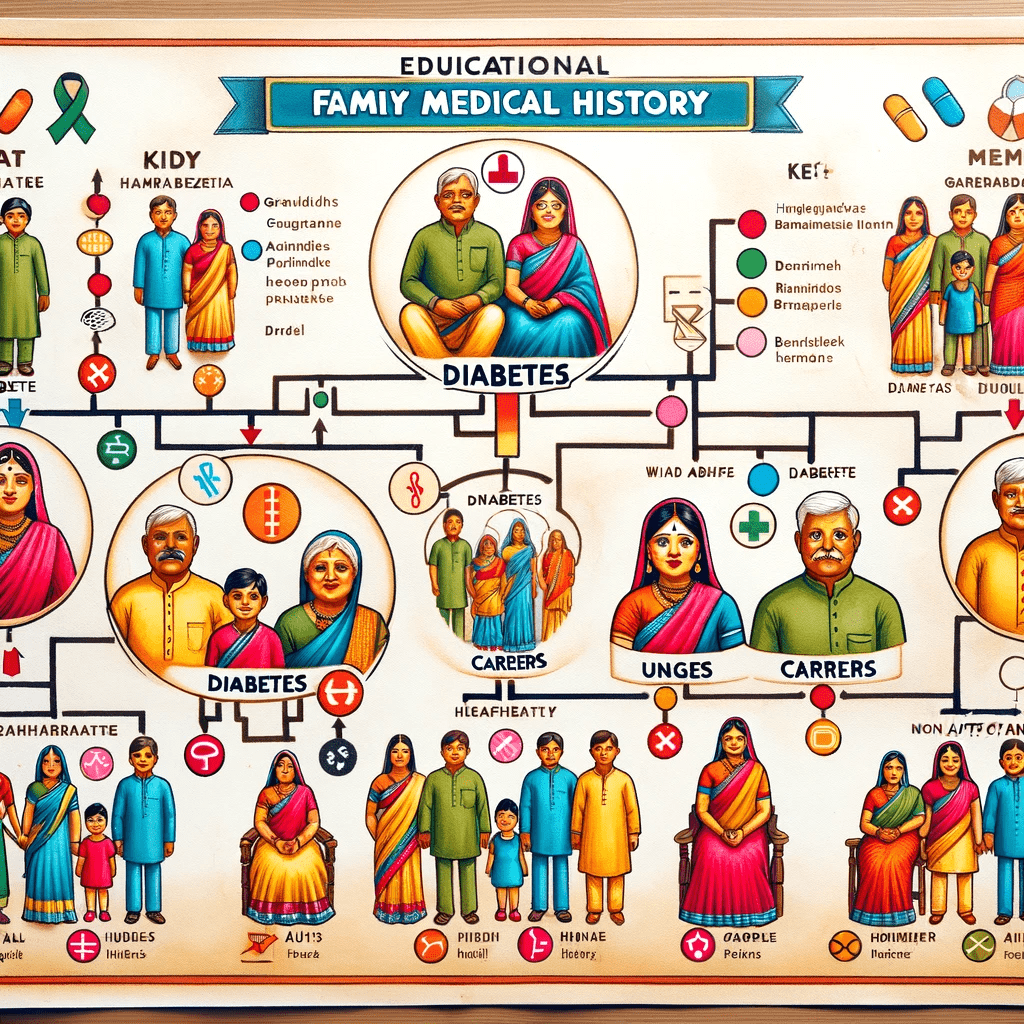
This information is instrumental in assessing genetic predispositions to various health conditions. Certain diseases, such as diabetes, heart disease, certain types of cancer, and even mental health disorders, can have hereditary links. Knowing a patient’s family medical history enables the doctor to gauge the risk of these inherited conditions.
Pro-active and personalized healthcare
When a family history of specific diseases is present, it can lead to a more proactive and personalized healthcare approach. For example, if there is a known family history of diabetes, this might prompt the doctor to recommend more frequent monitoring of blood sugar levels.
Similarly, a family history of heart disease might lead to regular cholesterol testing, along with a close watch on blood pressure and heart function. These tailored recommendations allow for early detection of potential health issues that are more likely due to genetic factors.

Preventive strategy
Moreover, understanding family history helps in designing a preventive strategy that goes beyond just medical tests. It can guide lifestyle advice, dietary suggestions, and other modifications to mitigate the risks associated with hereditary conditions.
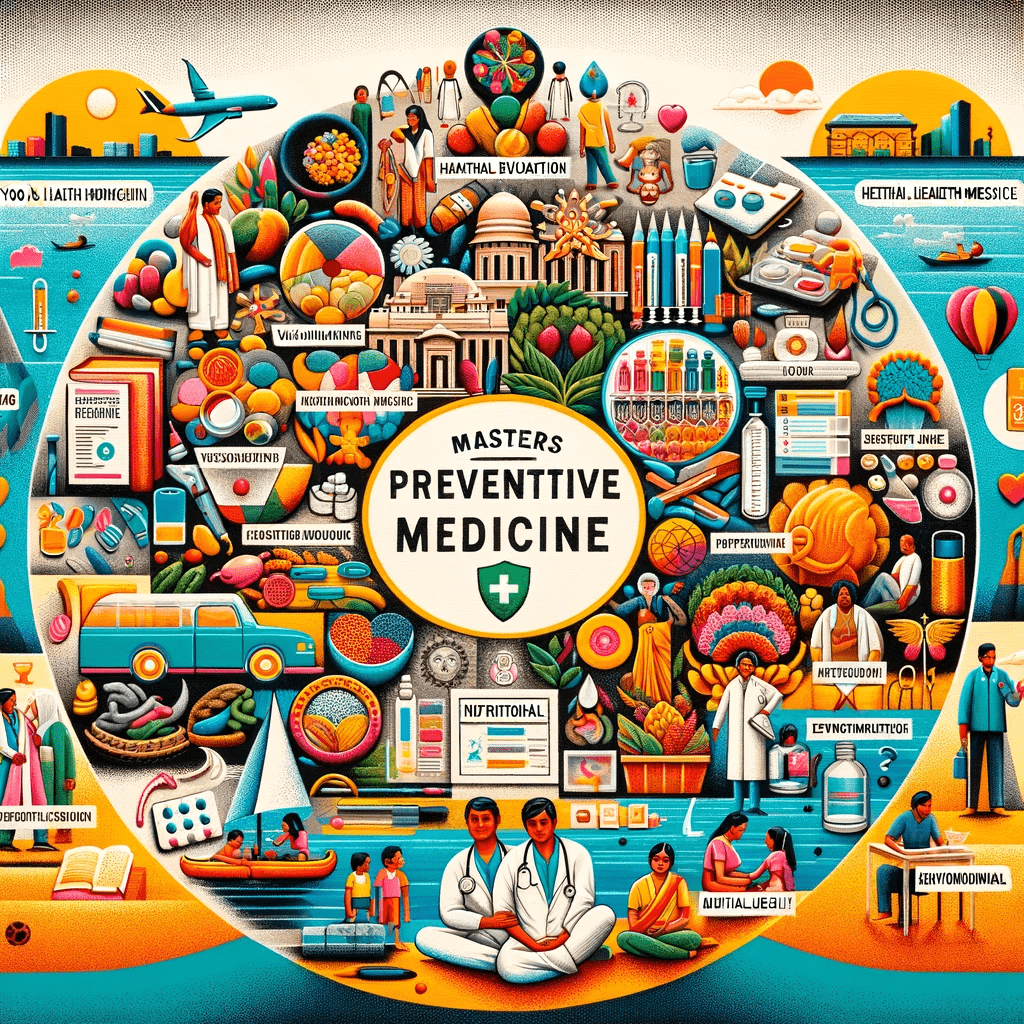
In essence, the knowledge of family health history is a powerful tool in the hands of both doctors and patients, enabling them to work together towards more effective prevention and management of health risks. It underscores the importance of open communication about family health history during medical consultations for the well-being of the patient.
The Importance of Body Mass Index (BMI) in Health Check-Ups
The importance of Body Mass Index (BMI) in health check-ups lies in its effectiveness as a basic yet powerful tool to assess an individual’s weight category. BMI is calculated using a person’s height and weight, categorizing them as underweight, normal weight, overweight, or obese.
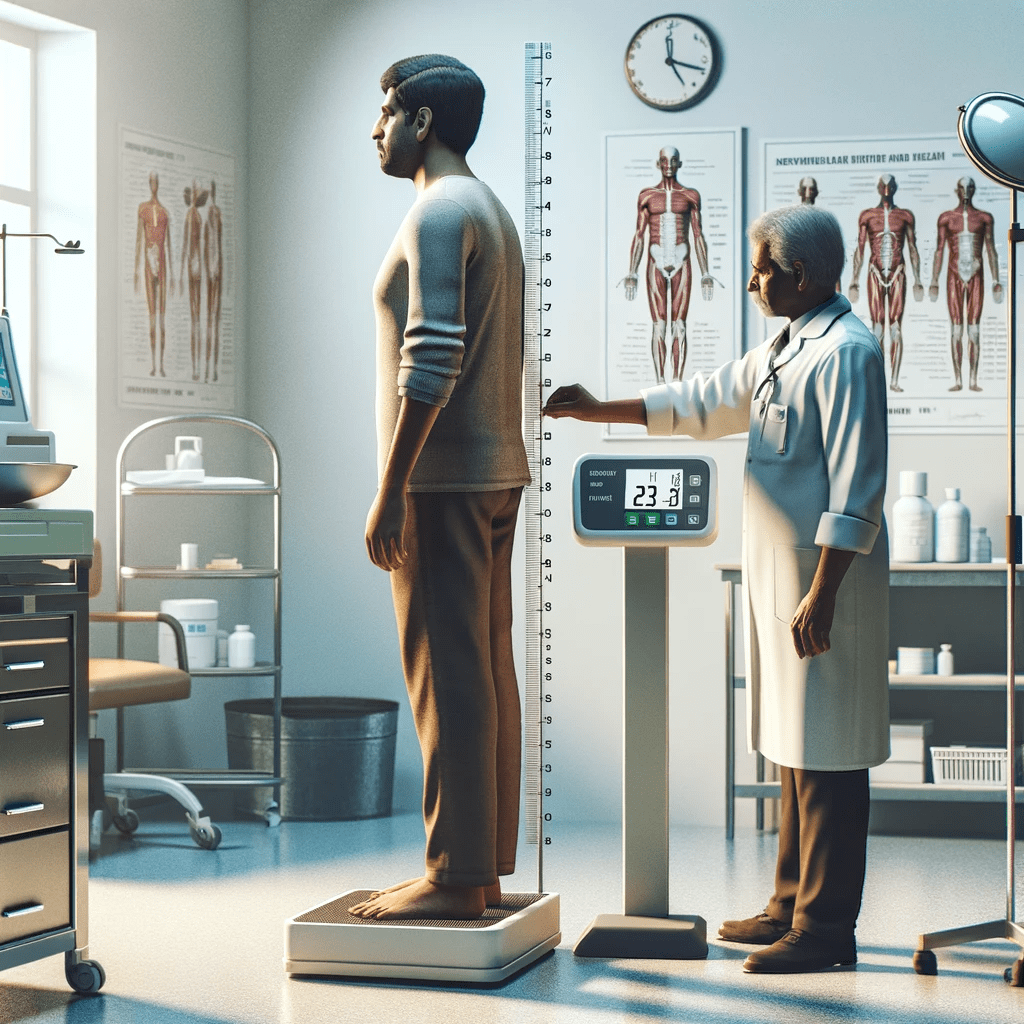
This categorization is crucial during routine health check-ups as it helps in identifying potential risk factors associated with weight-related conditions. A high BMI, indicating overweight or obesity, is particularly concerning as it significantly elevates the risk of chronic diseases such as heart disease, diabetes, and various other health issues.
The raising prevalence of obesity
Additionally, the rising prevalence of obesity in the young is a growing concern. Childhood and adolescent obesity lay the groundwork for health complications later in life, including an increased risk of adult obesity.

Early identification of high BMI in the young is vital for timely intervention through dietary modifications, increased physical activity, and lifestyle changes.
Obesity in the young
This early intervention can prevent the onset of weight-related health issues and set the foundation for healthier future generations. Therefore, the assessment of BMI during health check-ups serves as a critical step in addressing and managing the global issue of obesity, starting from a young age.
Comprehensive Physical Examination
Cornerstone of Health check up
A comprehensive physical examination is a cornerstone of every routine health check, offering a detailed overview of an individual’s physical well-being. This examination is conducted meticulously by your doctor and encompasses the assessment of various bodily systems to identify any potential abnormalities or signs of illness.
Key Components
Key components of this examination include the evaluation of the heart and lungs, typically involving listening to the heart rate and breathing sounds to detect irregularities. The abdominal examination checks for tenderness or organ enlargement, while a skin examination can reveal signs of skin conditions or underlying systemic diseases. Additionally, neurological functions are assessed to ensure proper nerve responses and brain function.

This thorough physical assessment is vital for the early detection of health issues, even those that may not yet present with symptoms. It also aids in monitoring changes in existing conditions, ensuring that any required adjustments in treatment or lifestyle can be made promptly.
Therefore, the comprehensive physical examination plays a crucial role in preventive healthcare, laying the foundation for a proactive approach to maintaining health and wellbeing.
Managing Health Issues Through Regular Check-Ups
Regular health check-ups are not only about prevention but also about managing ongoing health issues. Regular visits to your doctor ensure that any existing conditions are being effectively managed and that treatments are adjusted as necessary. This ongoing monitoring is vital for chronic conditions like heart disease or diabetes.

Conclusion
In conclusion, routine check-ups, master health checks, or annual medical check-ups play an indispensable role in preventive healthcare. They provide a platform for early disease detection, risk factor assessment, and the management of existing health issues. (Read more…) By incorporating health check-ups into our lives, we take an active stance in safeguarding our health and wellbeing. Remember, your doctor is your partner in this journey, and regular visits are key to a healthier and more fulfilling life with high quality of life.